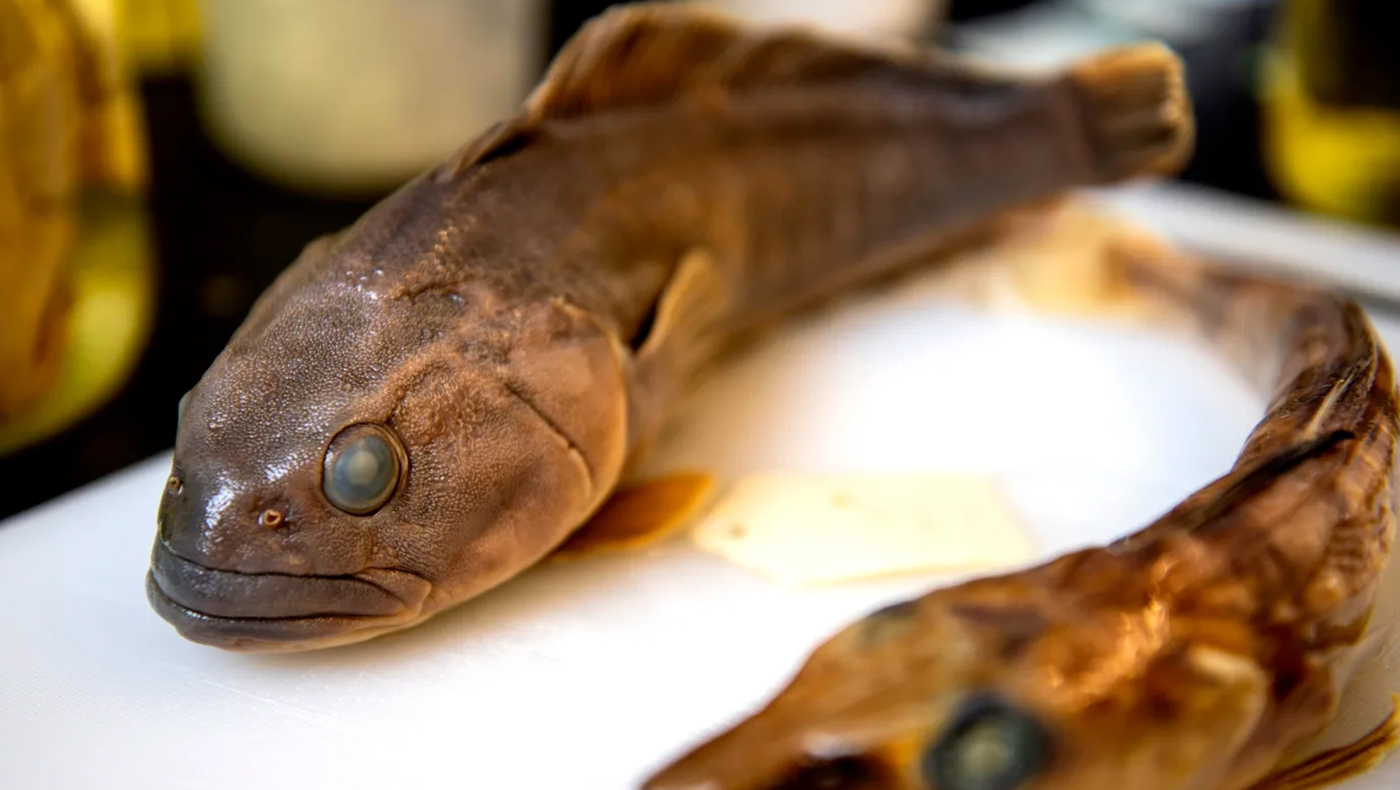Antarctic fish evolved to live in extreme cold—will they adapt to ocean warming?
Over millions of years, a group of fish known as notothenioids adapted to the cooling, now icy, waters of the Southern Ocean surrounding Antarctica by evolving their own type of antifreeze.
But that’s not all.
A subgroup of the notothenioids, known as icefishes, did away with red blood cells and hemoglobin entirely, relying on the high dissolved oxygen concentrations characteristic of their chilly marine environment to supply their blood plasma with oxygen.
The changes happened rather rapidly, in evolutionary terms, according to a new paper in Nature Communications by researchers from Northeastern and other universities.
Based on new sequencing of the genomes of 24 fish in the notothenioid group, the onset of antifreeze gene acquisition, hemoglobin gene loss, and other changes began about 10 million years ago, says Northeastern professor emeritus H. William Detrich III.
Read more from Northeastern Global News
Photo by Matthew Modoono/Northeastern University

